Greece
The primary curriculum singles out the Ancient Greek civilisation for particular attention. Why are the Ancient Greeks so important? How far does their legacy affect our world today? In this section you will find podcasts, articles and resources to help develop your knowledge of this ancient civilisation.
Sort by:
Date (Newest first) | Title A-Z
Show:
All |
Articles |
Podcasts |
Multipage Articles
-
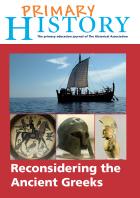
Primary History summer resource 2024: the Ancient Greeks
ArticleClick to view -

My favourite monument: The Acropolis, Athens, Greece
ArticleClick to view -

Scheme of work: The history of the ancient Olympic Games
ArticleClick to view -
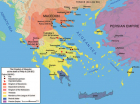
How an atlas and a very old map can help us make sense of the ancient Greeks
ArticleClick to view -

Pull-out posters: Primary History 89
ArticleClick to view -

Whatever did the Greeks do for us?
ArticleClick to view -

A cultural legacy: the theatre of ancient Greece
ArticleClick to view -

Film: Primary History at greater depth
ArticleClick to view -

Scheme of Work: Thematic study - Education
ArticleClick to view -

Teaching the Ancient Greeks
ArticleClick to view -
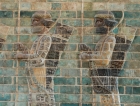
Polychronicon 149: Interpreting the Persian Wars
ArticleClick to view -
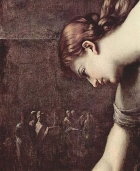
Story, myth and legend: The Story of Atalanta
ArticleClick to view -
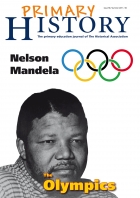
Primary History 58: The Olympics
ArticleClick to view -

Investigating the ancient Olympic games: A Case Study
ArticleClick to view -

Ancient Greeks: The Olympics' War Games - Teaching through Drama
ArticleClick to view -
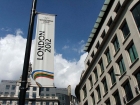
The Olympic Games, Classical and Modern
ArticleClick to view -

Ancient Greece: Birthplace of the Olympics - Teacher Briefing
ArticleClick to view -
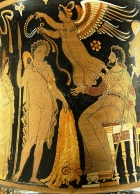
Teaching the Ancient Greeks: an introduction
ArticleClick to view -
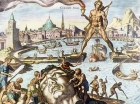
Citizenship in Ancient Greece: case study
ArticleClick to view -
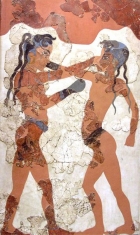
Visual image: boxing boys fresco from Ancient Greece
ArticleClick to view

